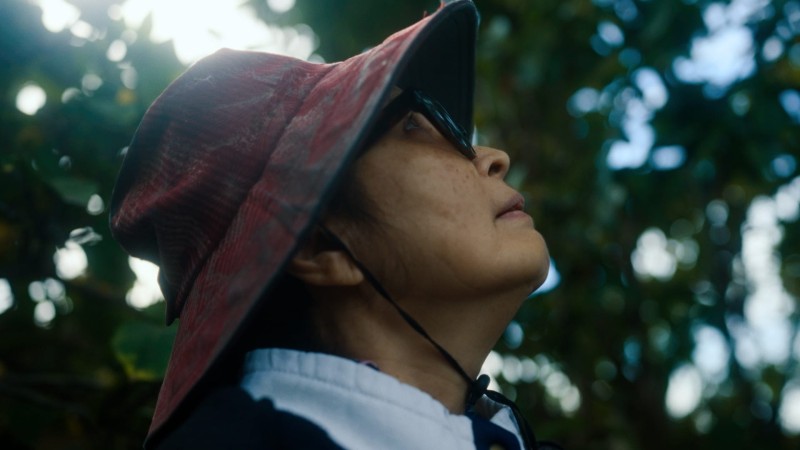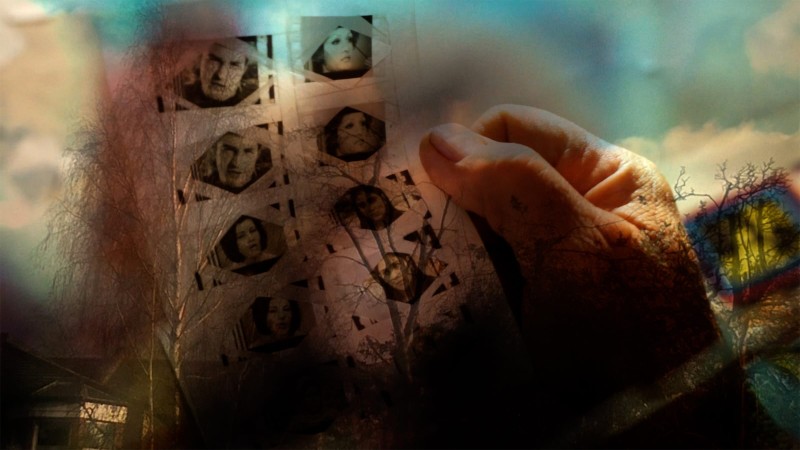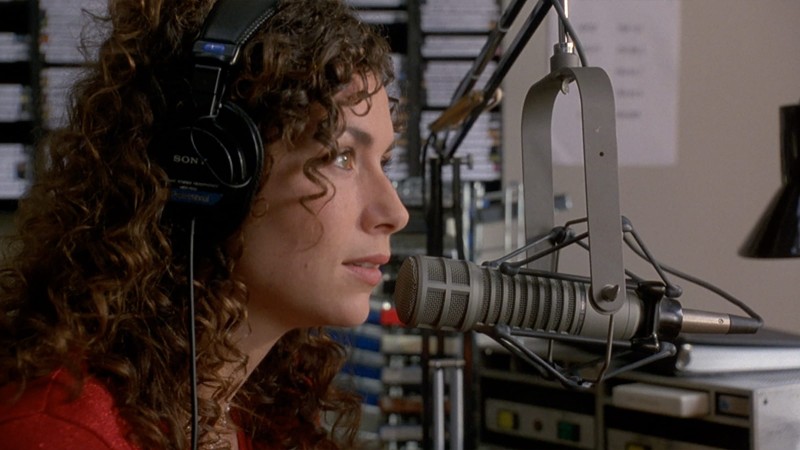Deniz Gamze Ergüven on Her Feminist Fable Mustang

“I almost have the impression that films come by themselves and you’re like a slave to them—one of them decides to go for it, and you run after it,” said director Deniz Gamze Ergüven when she and her eight-month-old son, Gary, stopped by Criterion in November before the New York premiere of her debut feature, Mustang. It’s an apt metaphor for the work of the young Turkish-French filmmaker, whose finely honed feminist fable about contemporary Turkey has swiftly taken the world by storm. In the weeks since her visit, Ergüven has become one of the most talked-about women in cinema, Mustang having now been nominated for a Golden Globe and short-listed for the Best Foreign Film Academy Award.
Mustang centers on one harrowing summer in a rural Anatolian village, and the methodical stripping away of the independence of five free-spirited sisters who live there. After the girls are caught innocently playing in the water with male classmates, their family reacts brutally, confining them to their house and preparing them for the dreaded fate of being married off, one by one. Ergüven has said the film is more a fairy tale than a purely realistic portrait of everyday Turkish life, though its inciting incident is similar to an experience she had as a young woman. The girls’ abusive and overbearing uncle is a “figure of exactly what you have in Turkey,” she says, of a part of the population that campaigns for purity and restricts the behavior of others yet conducts their own lives in a way that contradicts what they preach. “I have the impression that they’re completely obsessed with sexuality,” says Ergüven. In Mustang, she explores the sexual gaze trained upon Turkish women’s every interaction.

Before attending the famed La Fémis film school in Paris, Ergüven grew up, along with her sisters, splitting her time between Turkey and France.“My family life was very Turkish,” she says. Her mother moved back to Istanbul when Ergüven was a teen. “We were alone without parents in Paris, but we went to Turkey all the time,” she explains. The distinct difference between the person she chose to be in Paris and the person she had to be in Turkey made for something of a double life during Ergüven’s adolescence: “I went by the rules of the game in Turkey and pretended, and then when I went back home I just lived the life I wanted to.” Unlike in Ergüven’s family, the sisters in the film have no parents, living under the care of their grandmother and their uncle. It is this circumstance that gave them more freedom than their peers in the past—making the loss of it even worse. Yet it has also created a special bond between them, and this is what strengthens their defiant spirit. As Ergüven puts it, “Emotionally, they get everything from each other—they’re not trying to please or be loved by a mother and father. They take what they need for themselves.”
On-screen, the five girls often seem like moving parts of a whole, spending hazy summer afternoons draped over each other on their bedroom floor, limbs and long hair entwined, communicating in the intimate shorthand peculiar to sisters. But Ergüven has also crafted a distinct character for each young woman. To prepare the young Turkish actors for their roles and build a sense of trust and friendship, she had them do warm-up exercises that involved a lot of physical contact and trading of confidences—a process she didn’t excuse herself from. “We said things that were very personal and secret, so you’re in this environment that’s very open. Your working material is your experience of human life, so we have to say everything about it that we know,” she says. The director also gave the girls film recommendations to help shape their characters. Andrea Arnold’s Fish Tank, the Dardenne brothers’ The Kid with a Bike, Ingmar Bergman’s Summer with Monika, David Lynch’s Wild at Heart, Stanley Kubrick’s Lolita, and Jean-Paul Godard’s Vivre sa vie were among the titles she shared.

Although she is extremely sensitive to the way Turkey is represented in cinema—she despises Midnight Express, calling it something “no Turk can identify with; you’re looking at a nightmare and you think that’s Turkey”—it is important to Ergüven that she makes clear that Mustang isn’t a sweeping statement about her homeland but a personal artistic interpretation of her own experience mixed with fiction. She recalls a scene in which the girls have escaped for a day to watch a women’s soccer game. To protect them, their aunt throws a large stone at an electrical transformer, causing the power to go out in the house so that their uncle won’t see them in the stadium stands on television. “Where do you see someone actually do that?” asks Ergüven. “You have so many elements in the film that tell you where we stand in terms of realism. I really love when people accept that it’s fiction and that it’s poetic.”
Still, she says, the reaction to the film in Turkey has not all been positive. While “the biggest cinema critic wrote very exuberantly about the film,” she says, other journalists have referred to her as “Enemy of the Nation.” This brings to her mind something she once heard the Iranian filmmaker Asghar Farhadi say, that you can’t be from a country like Iran without being completely politicized. The same is true for her and Turkey, she says: “We are always already obliged to be a part of the debate . . . We feel political responsibility. But if I’m going to be a part of the debate, I want as much poetry as I want; I don’t want to hold a mirror to the truth exactly as it is. I trust people for having enough resources to understand it.” And when it comes to the representation she’s putting forth into the world, Ergüven says, “We’re showing a youth that is exuberant, funny, intelligent, and full of life. So I’m proud of them.”



